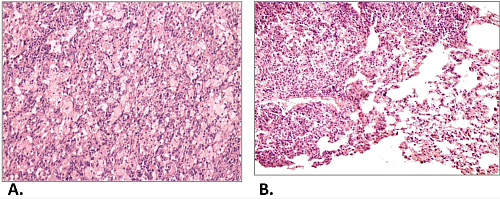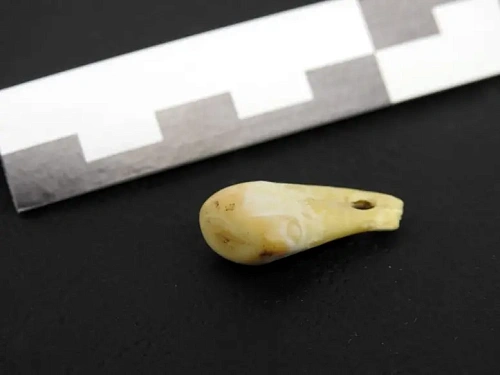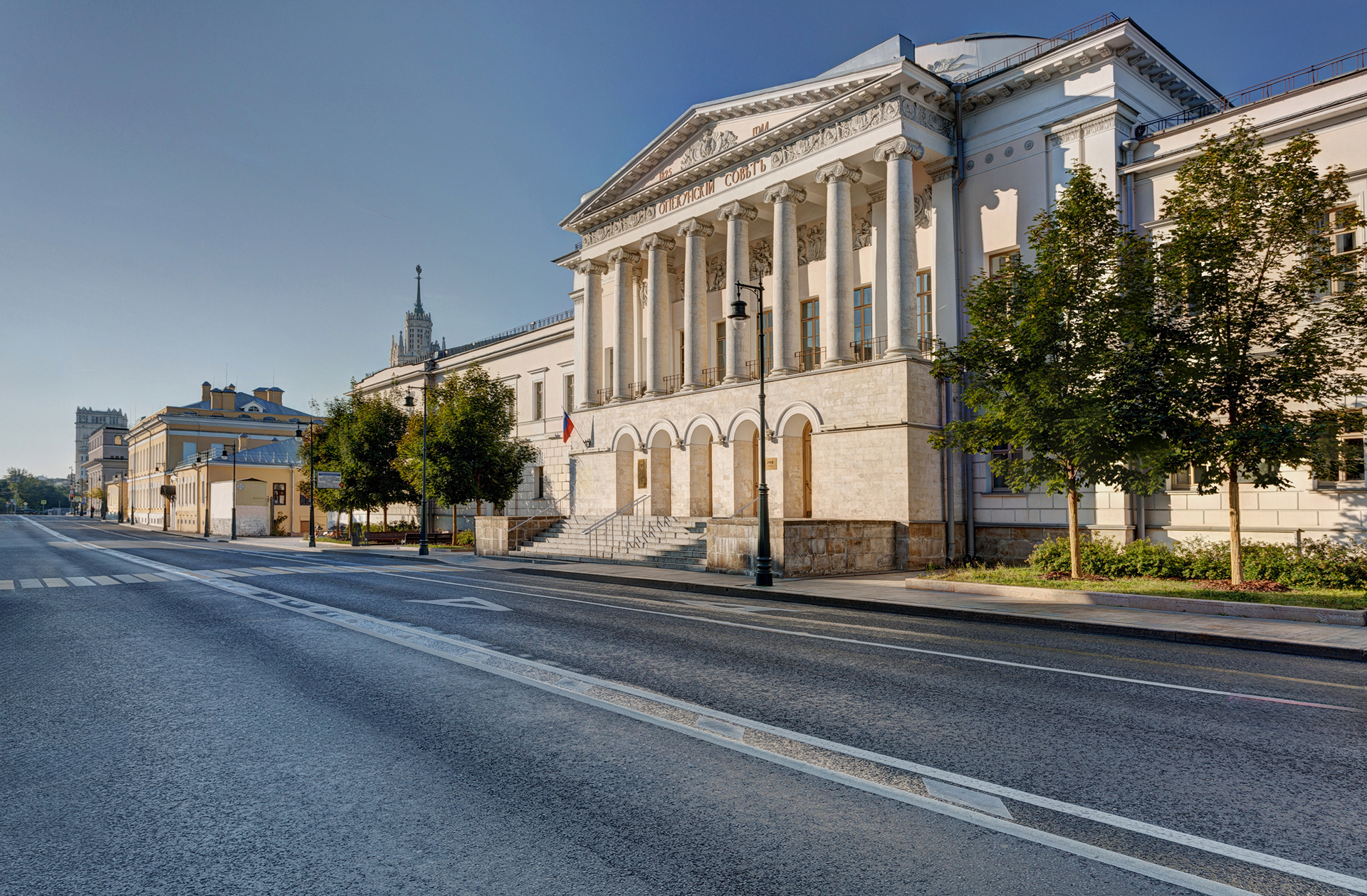

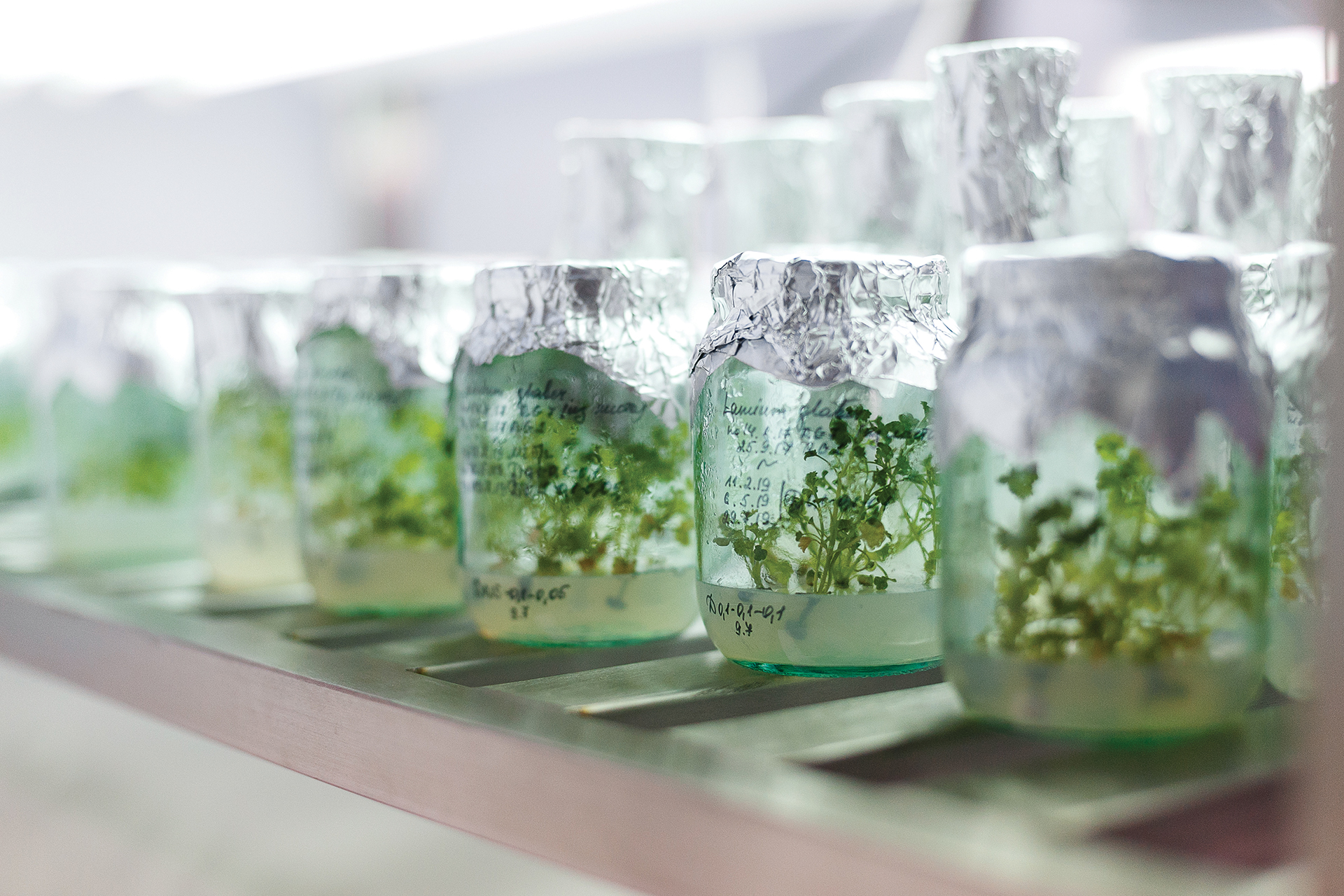
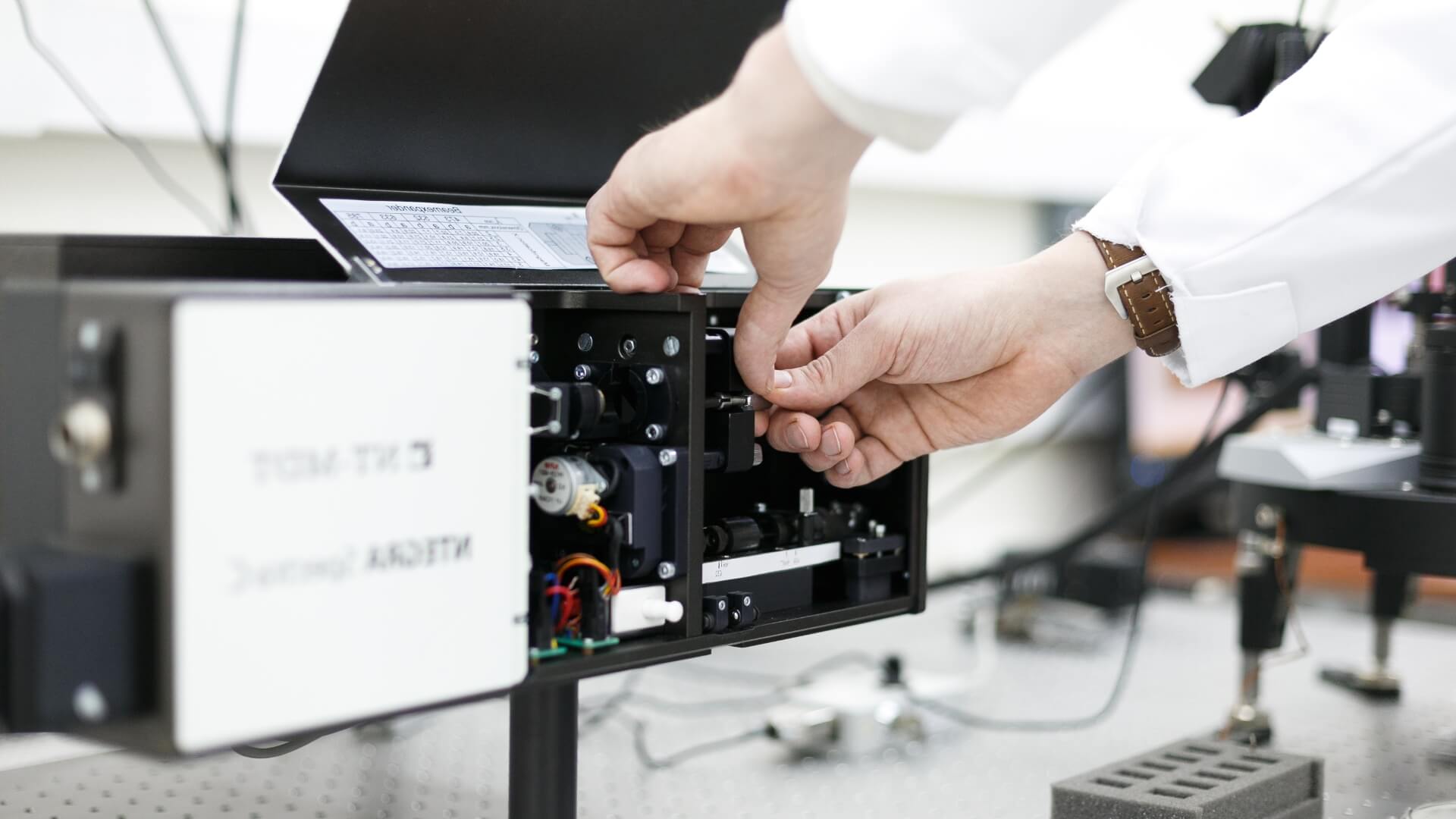
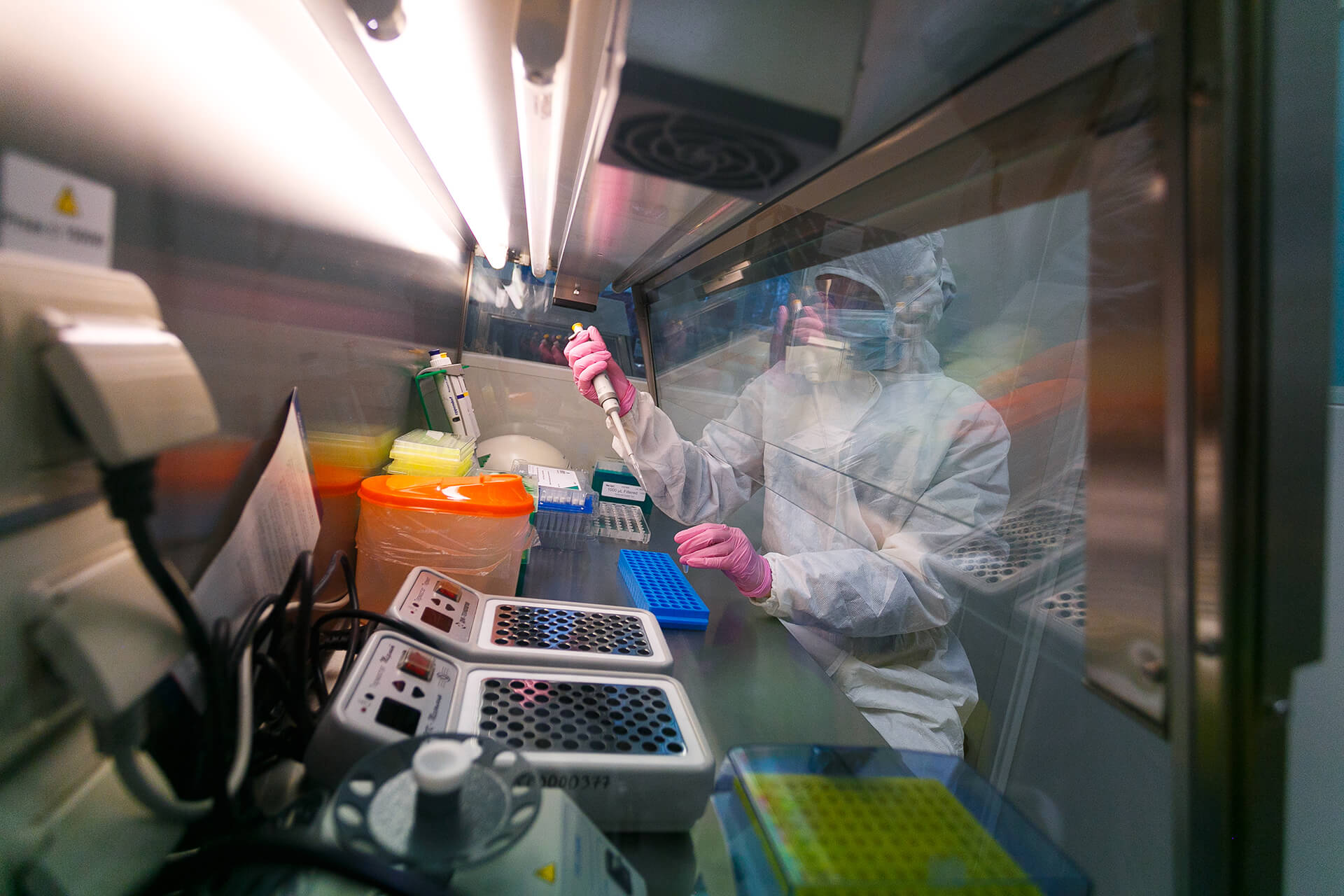
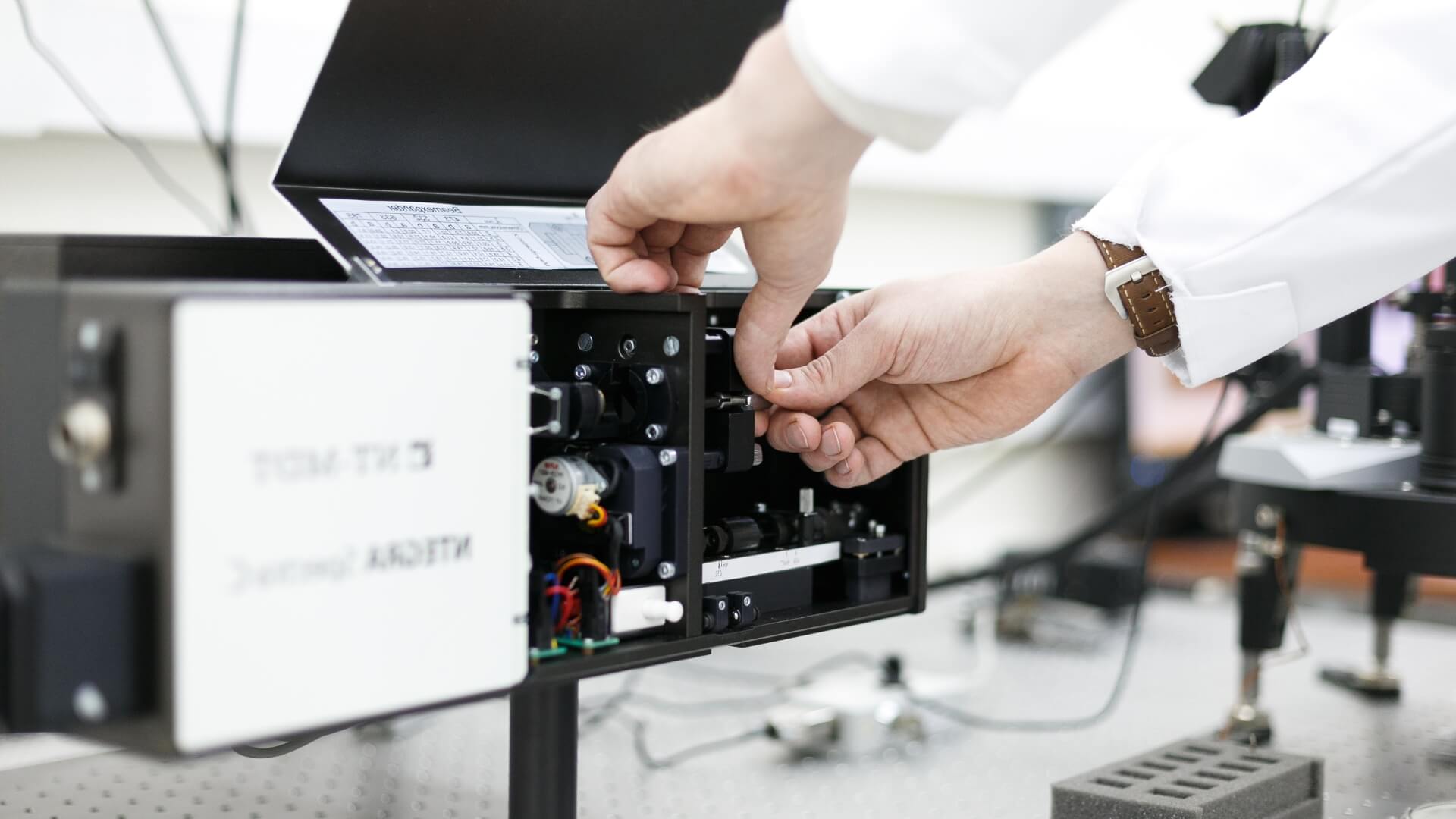
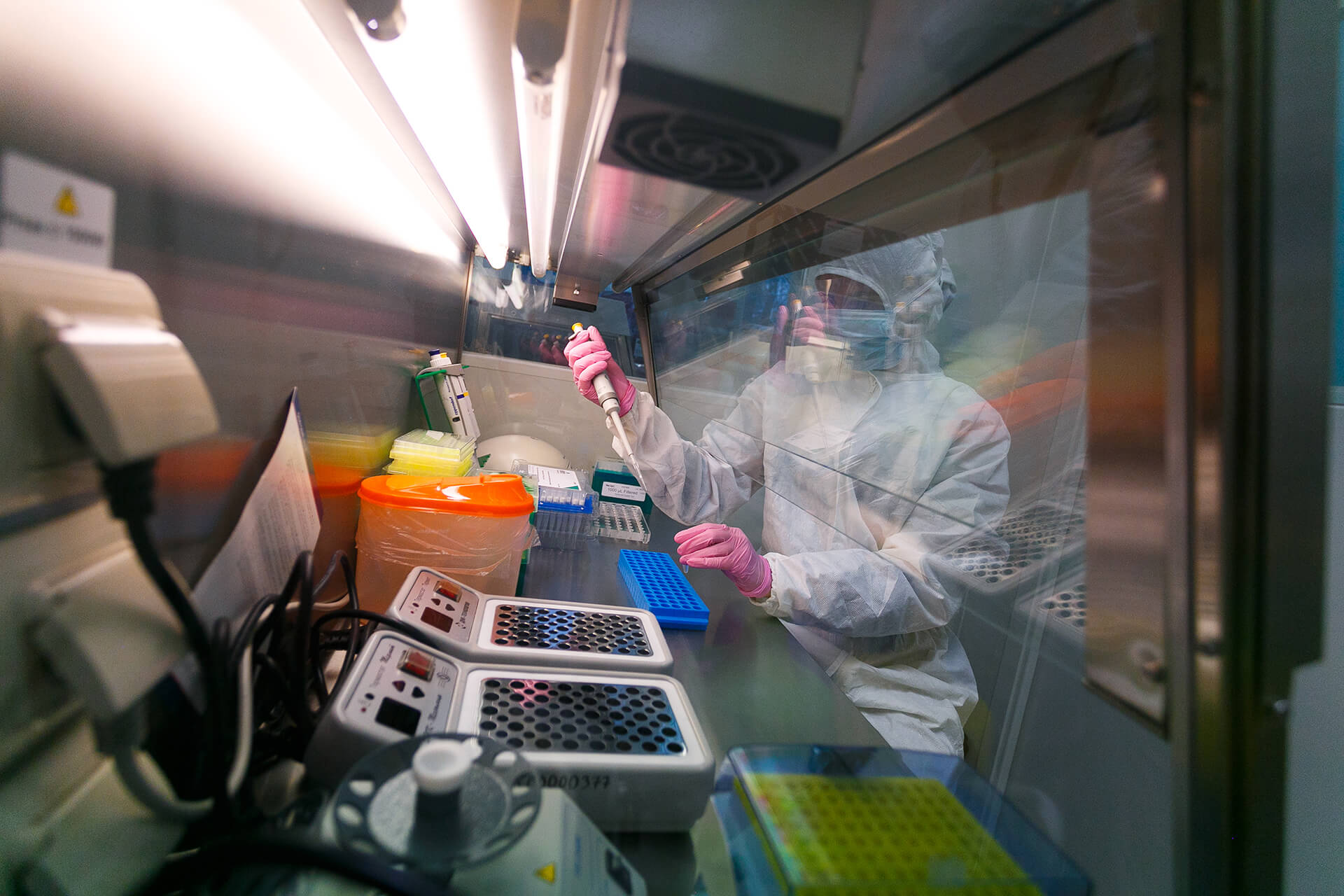
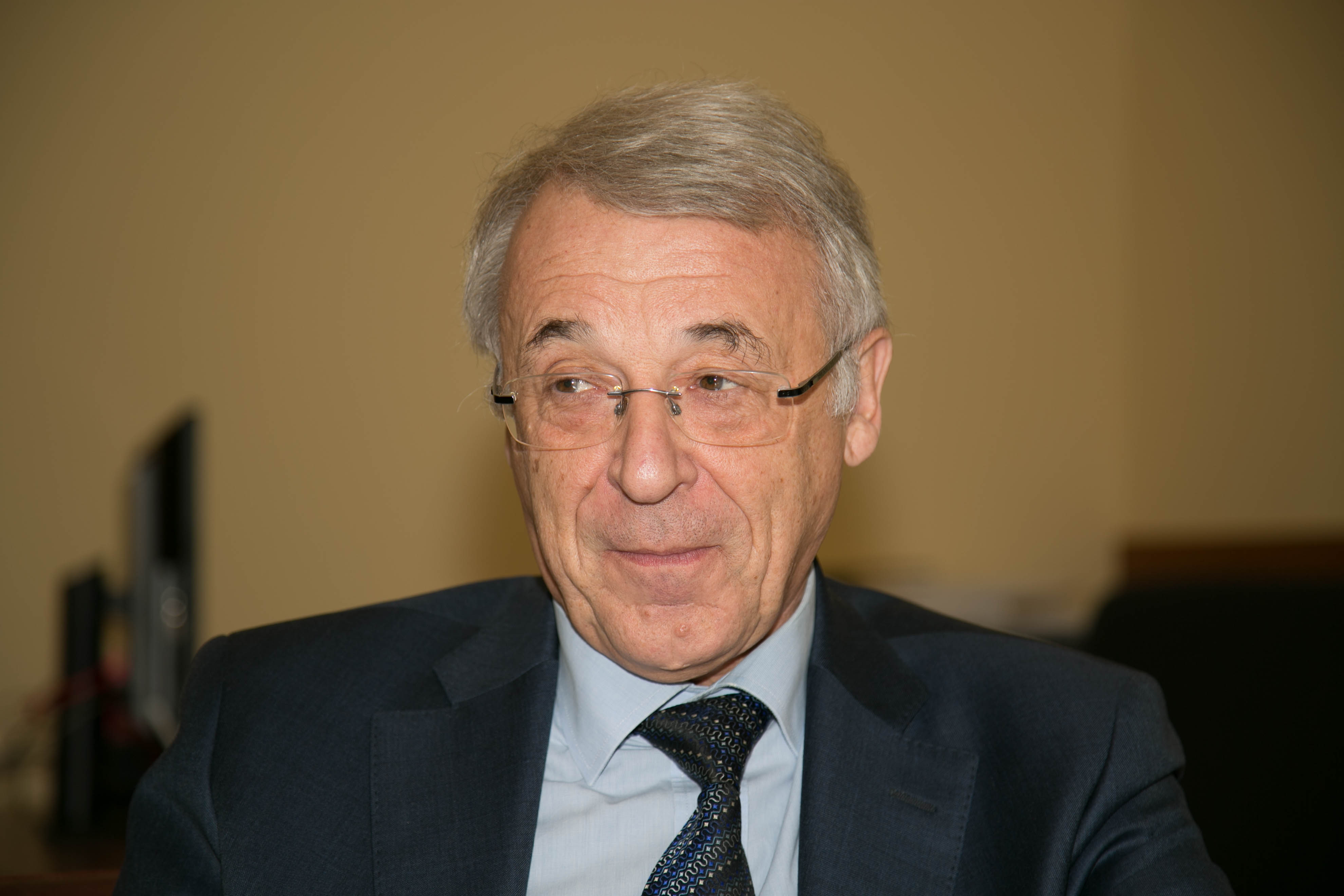
Poisk: First, please share your view on the International Women's Day as one of the official holidays in Russia.
A.Klimenko: I am glad that this day, which was originally conceived as a symbol of the struggle of women for their rights, gradually changed its tone. It became the celebration of spring, love and beauty. There is no politics in the background, and that's great! If we talk about research activity, then, in my opinion, science cannot be divided into male science and female science. It is obvious that it is more difficult for women to realize themselves not only in research, but also in other areas of human activity. The birth of children, family responsibilities require a serious time and efforts from them. And we, of course, are obliged to support female scientists who have chosen a difficult life path. The Russian Science Foundation is well aware of this. By the way, women dominate the composition of the RSF team.
Poisk: And how are the female scientists represented in the Expert Councils and among the reviewers of the RSF?
A.Klimenko: Quite well! The ratio roughly corresponds to the average for female and male researchers in Russia - 40:60. Although this ratio may vary across the different categories of researchers. For example, about a quarter among doctors of science are female. I would like to stress that we at the Russian Science Foundation are not making any artificial or extra-efforts to bring the gender ratio of reviewers to the national average. Everything is settled quite naturally. The composition of expert councils is determined in transparent manner by the confidential on-line vote of thousands of scientists for the candidates in their respective research field.
Poisk: It would be interesting to know specific names.
A.Klimenko: The key people in the RSF review system are the panel chairs for respective research fields. The expert council formed in 2014 included 2 outstanding female scientists among 9 panel chairs. One of them is a well-known biochemist, head of the department of chemistry at the Moscow State University, Dr. Olga Dontsova, who later became an academician of Russian Academy of Sciences. The other one is a high-profile researcher in food chemistry, head of laboratory of the Federal Research Center for Nutrition and Biotechnology Dr. Alla Kochetkova.
Now, there are two expert councils in the RSF, and again they have 2 female scientists among their panel chairs. In addition to Dr. Alla Kochetkova, a biotechnologist, director of the Ernst Research Institute of Animal Husbandry, academician of RAS Natalya Zinovievathe oversees agricultural research. These brilliant scientists not only successfully perform the most difficult functions related to review administration, but also ennoble our expert community. As a matter of fact, when we discuss the controversial issues and the atmosphere at the meetings escalates, thanks to the presence of the ladies, men tend to behave in a gentleman manner.
I would like to highlight two members of the current expert council who made a brilliant career in research and successfully assumed maternal responsibility. One of these amazing women is physicist Dr. Irina Didenkulova, senior researcher at Nizhny Novgorod State Technical University. While raising two children, she is engaged in solving an interesting research problem related to the giant killer waves that constantly appear in the ocean. Biologist Dr. Ekaterina Shishatskaya also raises two children while heading the department of the Siberian Federal University in Krasnoyarsk. She develops unique biopolymer materials for cardiovascular surgery. By the way, in her interview, which was included in the book “I am a scientist!” published last year by the RSF, Dr. Shishatskaya rather sharply condemned sexism in the research community.
Poisk: Have you heard of such a problem?
A.Klimenko: Relatively few female scientists work in the area that I am personally involved in - energy, thermal physics - and I have not seen them oppressed in any way. If a person, regardless of gender, has a bright mind and has proved a good scientific merit, the peers appreciate such researcher deservingly. At the same time, I admit that in some cases women face prejudices, attempts to limit their career growth. I think a lot here depends on the situation in a particular research team.
As for the Russian Science Foundation, its task is to promote excellent researchers and to expand their opportunities for self-realization. Therefore, RSF eagerly responded to the request of a group of young female scientists to help them meet a joyful but difficult period in their lives, when they are preparing to become mothers, then to take care of young children so that they cannot devote as much time to their professional growth as their male peers. We hope that the latest measures taken by the RSF will promote gender equality by supporting careers of researchers taking maternity leave and parental leave.
Poisk: What are these measures specifically?
A.Klimenko: The grant applicants know that the RSF applies sanctions to those project investigators who refuse to complete projects or do not ensure the proper quality of work. Such scientists are banned from the other applications for RSF grants for the period of three years. In 2019, the RSF Supervisory Board decided to amend these rules. Now, RSF grant holders who took maternity leave, care for a child or adopted a child will not be punished for the early termination of their project. Besides that, there is a pre-qualification requirement for the applicants - they must have a certain number of publications over the past five years. It was decided to expand that period by the time taken in connection with the birth or adoption of children. These provisions are already implemented in the calls for proposals announced since the last year. While we do not know how actively our applicants took advantage of these new opportunities, we will reflect on such statistics gradually.
